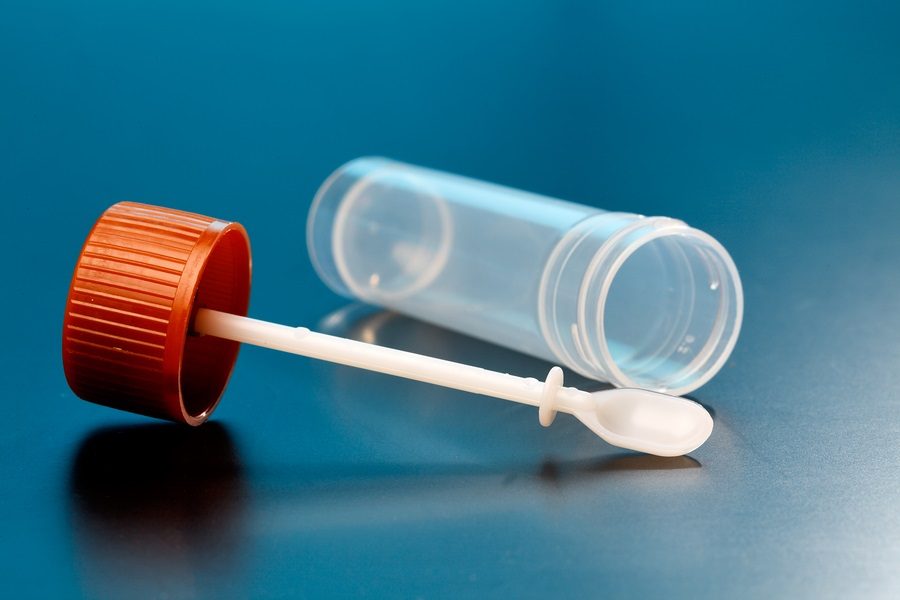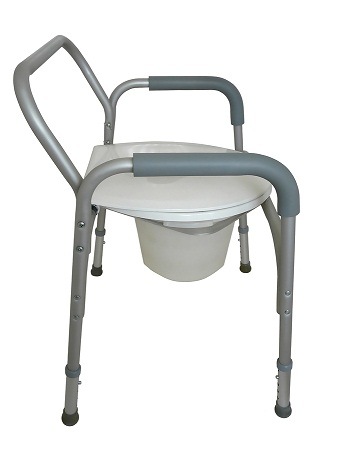Study: Fecal Transplant Reduces Autism Symptoms by 50% – FDA Wants to Make it a Drug
A promising treatment has shown remarkable success in treating autism—but will the FDA turn it into a Big Pharma blockbuster? Recently we reported on the advancements in research regarding fecal microbiota transplants (FMT), which harness the power of the gut microbiome to treat illness. A recent study has found that FMT reduced autism symptoms by 50%. This is a stunning finding that provides further evidence of the incredible potential of FMT, but the FDA is on the verge of turning this affordable treatment into an expensive drug and thus potentially putting the treatment out of reach for many patients.







